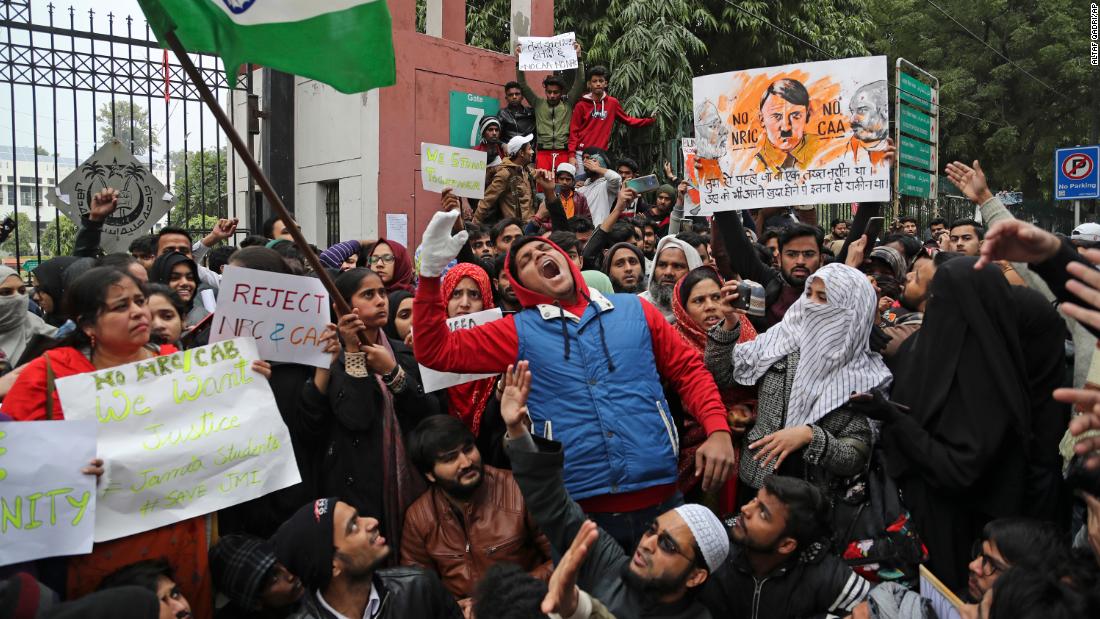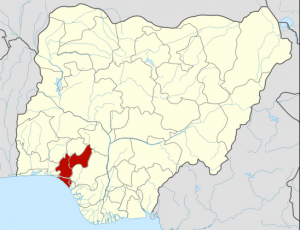Indian cities deny permits for marches against citizenship law

Anil Mittal, the Deputy Spokesperson for Delhi Police, cited security and traffic concerns. “The duty of organizers to let people know the march will not be happening,” Mittal told CNN on Wednesday. Extra police personnel would not be deployed along the proposed route, he added. And in Bengalaru, a law that prevents gatherings of four or more people — known as Section 144 — will be imposed for two days from Thursday to prevent demonstrations, according to Bhaskar Rao, the city’s police commissioner, who cited similar similar security concerns.The law under protest, the Citizenship Amendment Act (CAA), will fast-track citizenship applications for religious minorities from three neighboring countries, including Hindus, Sikhs, Buddhists, Jains, Parsis and Christians — but not Muslims. It has been criticized as a brazen example of Prime Minister Narendra Modi’s Hindu nationalist agenda.Opposition parties say the bill is unconstitutional, as it bases citizenship on religious identity, and have warned that it will further marginalize India’s 200-million strong Muslim community.Speaking to reporters on Wednesday, Rao said security forces do not want to see violence on the streets of Bengaluru.”I have been making verbal requests to resist from coming on to the streets but today after having examined that there are a huge number of people who are for and against (the CAA), we took a decision that both groups should not be allowed,” Rao said. Other marches across the country are still planned for Thursday, including eastern Kolkata city, Chennai in the south and the financial capital of Mumbai. Protests have also been planned outside the Indian Consulate and the High Commission in New York City and London respectively.




